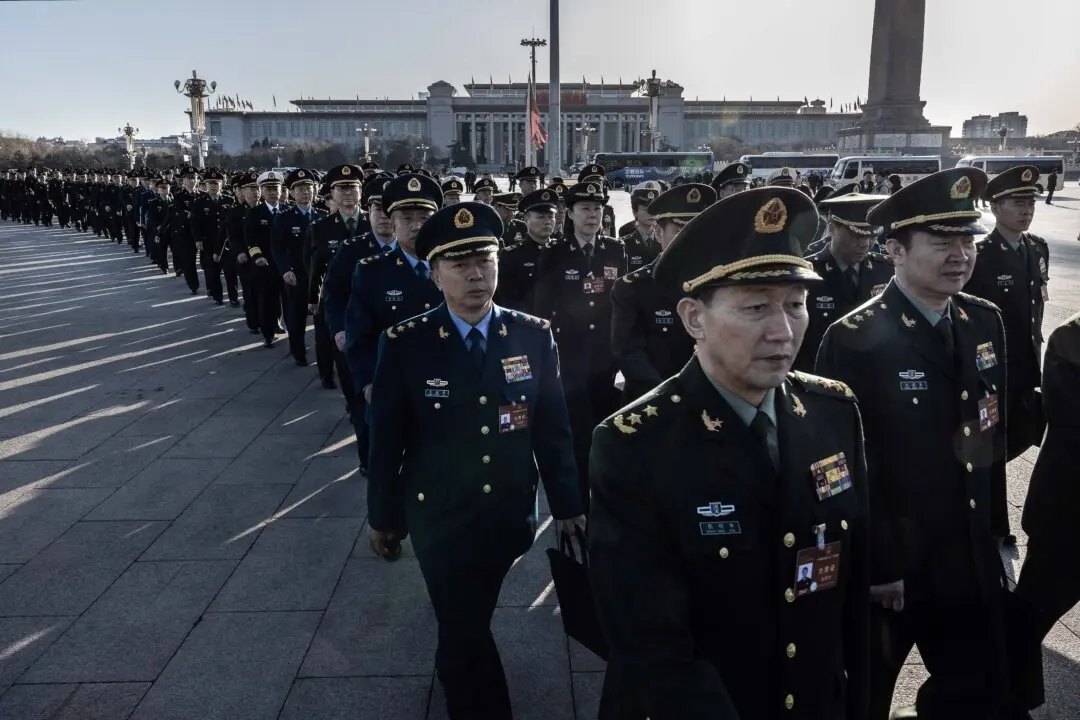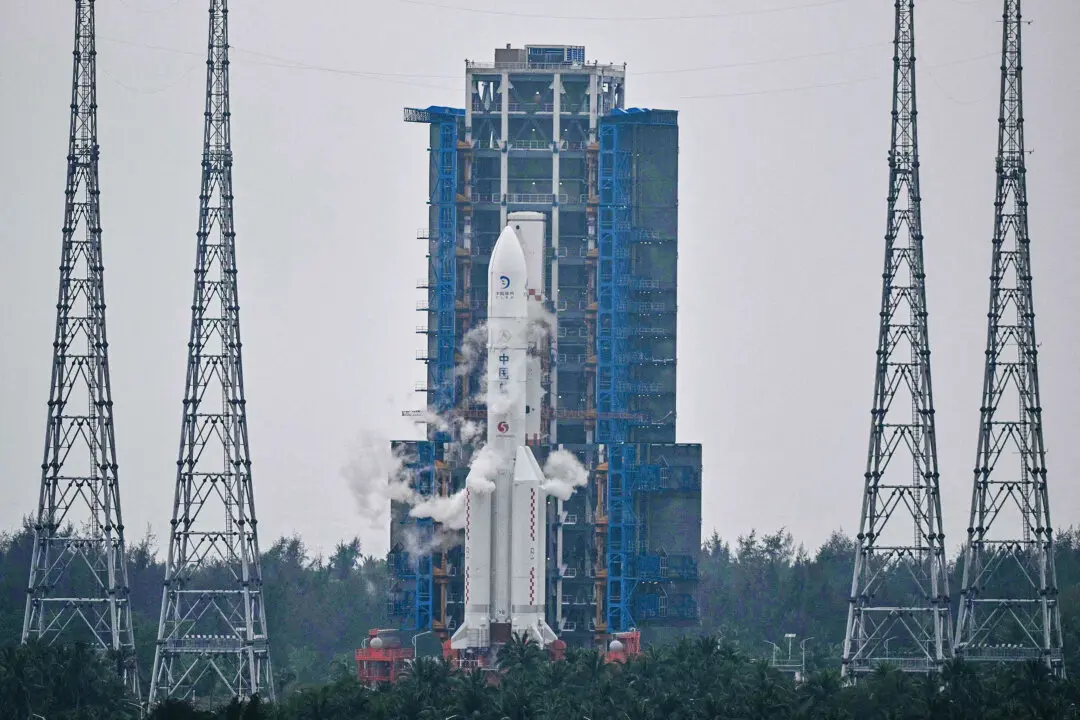News Analysis
Over the past year, leading up to the Winter Olympics, the Chinese regime has been intensifying its campaign against religion, particularly Islam, Tibetan Buddhism, Christianity, and Falun Gong.
“Don’t sportswash genocide,” read the signs held by Olympic protesters in London, who were enraged that the International Olympic Committee (IOC) had granted hosting rights to China, despite genocide being committed against Uyghur Muslims.
On Feb. 3, the day before the opening ceremony of the Games, Tibetans led a protest outside of the IOC headquarters in Switzerland.
In China, arrests of Falun Gong adherents increased ahead of the Olympics, especially in the three sites where the Games were held—Beijing, Yanqing (a rural district in Beijing), and Zhangjiakou in Hebei Province, according to Minghui.org, a U.S.-based website that tracks the persecution.
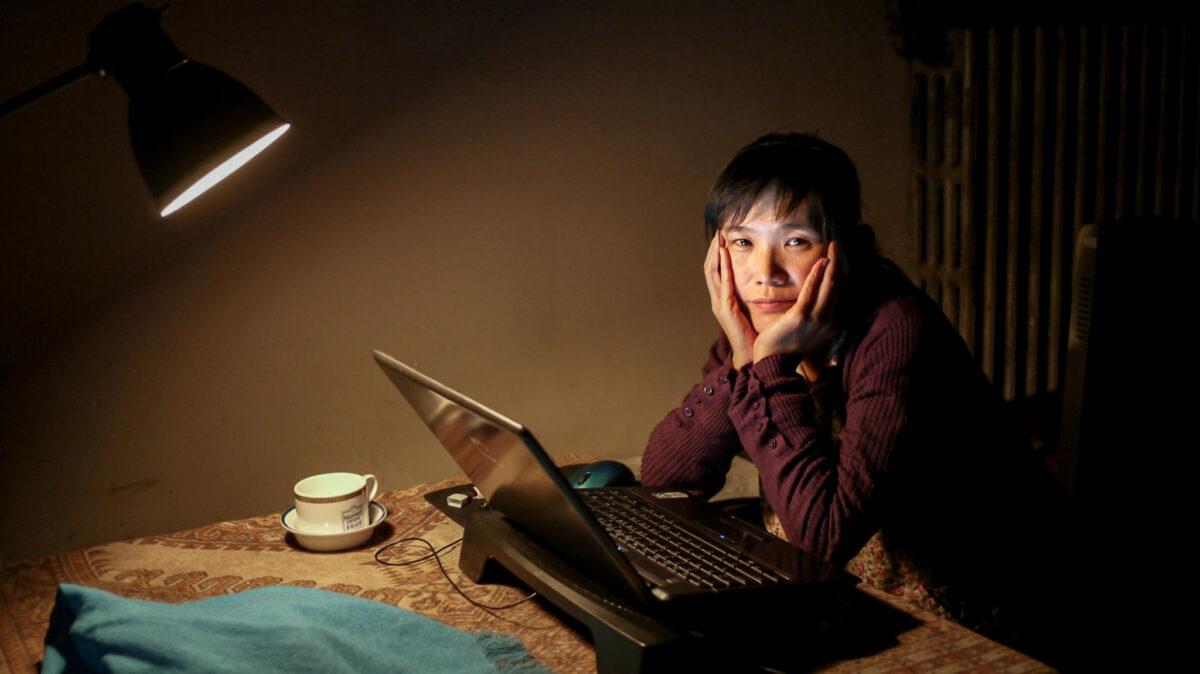
Falun Gong practitioner Xu Na in China in this undated photo. Xu was sentenced to eight years in prison for her faith. The Epoch Times
In its 2021 report on religious freedom in China, the U.S. Commission on International Religious Freedom (USCIRF) recommended that Washington “redesignate China as a country of particular concern … for engaging in systematic, ongoing, and egregious violations of religious freedom.”
Repression of religion has increased under Chinese leader Xi Jinping. Authorities in Qinghai Province announced on Jan. 20 that online Tibetan religious social media groups will be banned, starting on March 1.
The Chinese Communist Party (CCP) is promoting a new textbook, titled “The Principles of Scientific Atheism,” to be used by universities and Party members. The book contains the Party’s Religious Theory and Religious Policy, professing “the non-existence of God” and “the harmful effect of religion.”
The CCP, which maintains a belief of state atheism, requires its members to give up their religion. Wang Zuoan, director of the State Administration for Religious Affairs (SARA) wrote in a CCP Central Committee journal that Party cadres must be “unyielding Marxist atheists.”
Article 36 of China’s Constitution specifies that citizens have religious freedom. However, that freedom only extends to so-called “normal religious activities,” which limits participation to those religious organizations recognized by the CCP.
Only five religions are officially permitted in China—Buddhist Association of China, Chinese Taoist Association, Islamic Association of China, Three-Self Patriotic Movement (the Protestant Christian faith), and Chinese Patriotic Catholic Association—all of which are under SARA and ultimately under the CCP.
The Chinese Catholic Patriotic Association (CPA) is not allowed to recognize the Pope, and the bishops are appointed by the CCP. Some foreign observers estimate that there could be as many as 100 million Christians in China, with around 44 million worshiping in the state churches and about 56 million worshiping in underground churches. The underground Catholic churches tend to recognize the Pope.
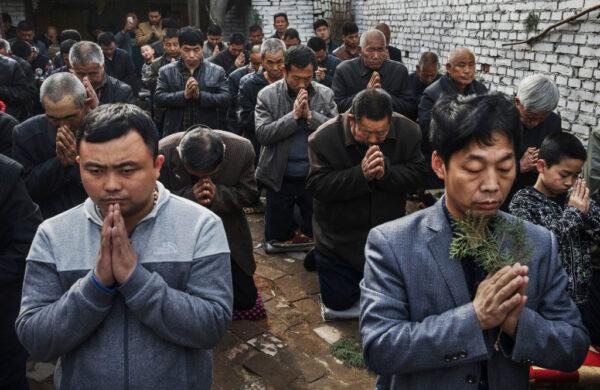
Chinese Catholic worshippers kneel and pray during Palm Sunday Mass during the Easter Holy Week at an "underground" or "unofficial" church near Shijiazhuang, Hebei Province, China, on April 9, 2017. China, an officially atheist country, places a number of restrictions on Christians, allowing legal practice of the faith only at state-approved churches. The policy has driven an increasing number of Christians and Christian converts "underground" to secret congregations in private homes and other venues. Kevin Frayer/Getty Images
The members and leaders of these underground churches are always in danger of being discovered and being jailed. Some have been charged with “illegal religious activities” or “disrupting social stability,” as well as charged under article 300 of the criminal code, which forbids using heretical organizations to “undermine the implementation of the law.”
Liu Bainian, chairman of the Catholic Patriotic Association (CPA) and the Bishops Conference of the Catholic Church in China, stated that the church needs individuals who love the country “and fervently love the socialist motherland.” He said the reason that the Catholic Church in China could not have relations with the Vatican was because “the Vatican wants those who are opposed to the Communist Party.” He said that in order for the Catholic church of China to normalize relations with the Vatican, the Holy See would have to rescind its recognition of Taiwan.
Falun Gong adherents, Tibetan Buddhists, underground Catholics, and Uyghur Muslims face similar risks as underground church leaders.
For years, China has been carrying out a program of the sinicization of religion, infusing the religious liturgy with Communist Party slogans and images. Wang Zuoan, director of SARA, advised Party members to “guide religious groups and individuals with socialist core values and excellent traditional Chinese culture.”
Beijing also said that religious organizations must “spread the principles and policies” of the CCP. Consequently, both the Bible and the Quran are being rewritten.
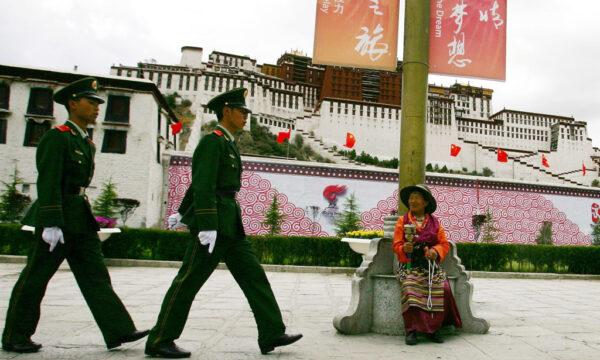
A Tibetan worshiper looks at Chinese police officer patrolling in front of Potala Palace, in Lhasa, Tibet, China, ahead of the Beijing Olympic Torch relay on June 20, 2008. Guang Niu/Getty Images
As part of its attempts to control Tibetan Buddhism in 2007, the CCP instituted a law requiring a Reincarnation Application, which must be completed and approved for all lamas wishing to reincarnate. In 1995, the Dalai Lama recognized the 11th Panchen Lama, who was then a 6-year-old Tibetan boy, growing up under Chinese rule. The search team of China’s State Council rejected this recognition. The boy disappeared and an official story was released that he was being raised in anonymity in a Chinese home, doing well in school, and had no interest in religion.
Just before Christmas, on Dec. 23, 2021, President Joe Biden signed the Uyghur Forced Labor Prevention Act into law, in order to prevent the importation of products made with slave labor in Xinjiang.
Also in December, Beijing imposed sanctions on members of the USCIRF in retaliation for penalties that the U.S. government imposed on Chinese officials over human rights abuses in Xinjiang. In response, USCIRF issued a statement saying that it condemned the CCP’s sanctions and that it supported Washington’s diplomatic boycott of the Winter Olympics.
The Universal Declaration of Human Rights includes freedom of religion as a basic human right. The U.S. government also supports religious freedom in China and around the world.
Apart from trade, the America COMPETES Act, passed by the U.S. House of Representatives in February, provides additional support to Tibetan Buddhism, demanding the CCP not to interfere with the selection of religious leaders. It also calls for the creation of a Tibet desk at the U.S. Embassy in Beijing.
Views expressed in this article are opinions of the author and do not necessarily reflect the views of The Epoch Times.



